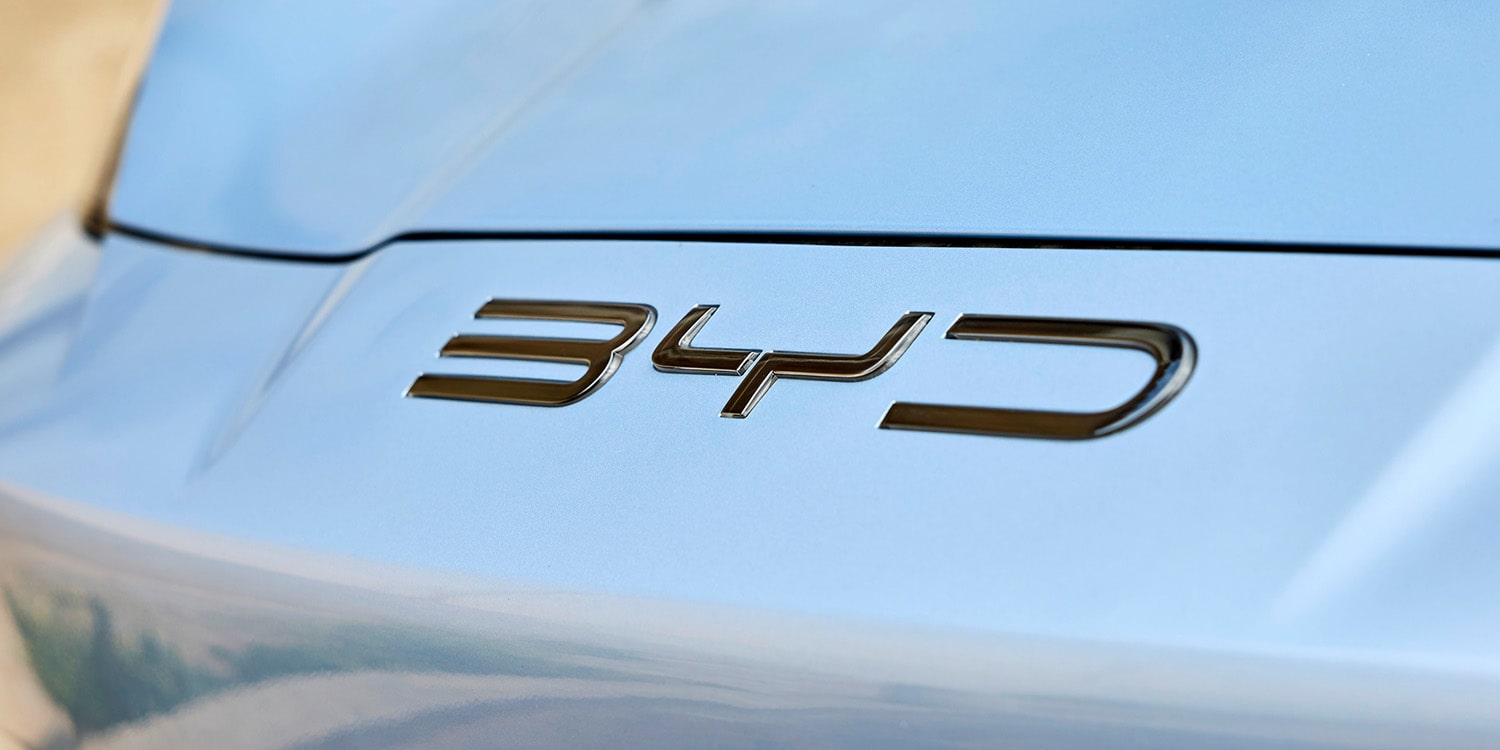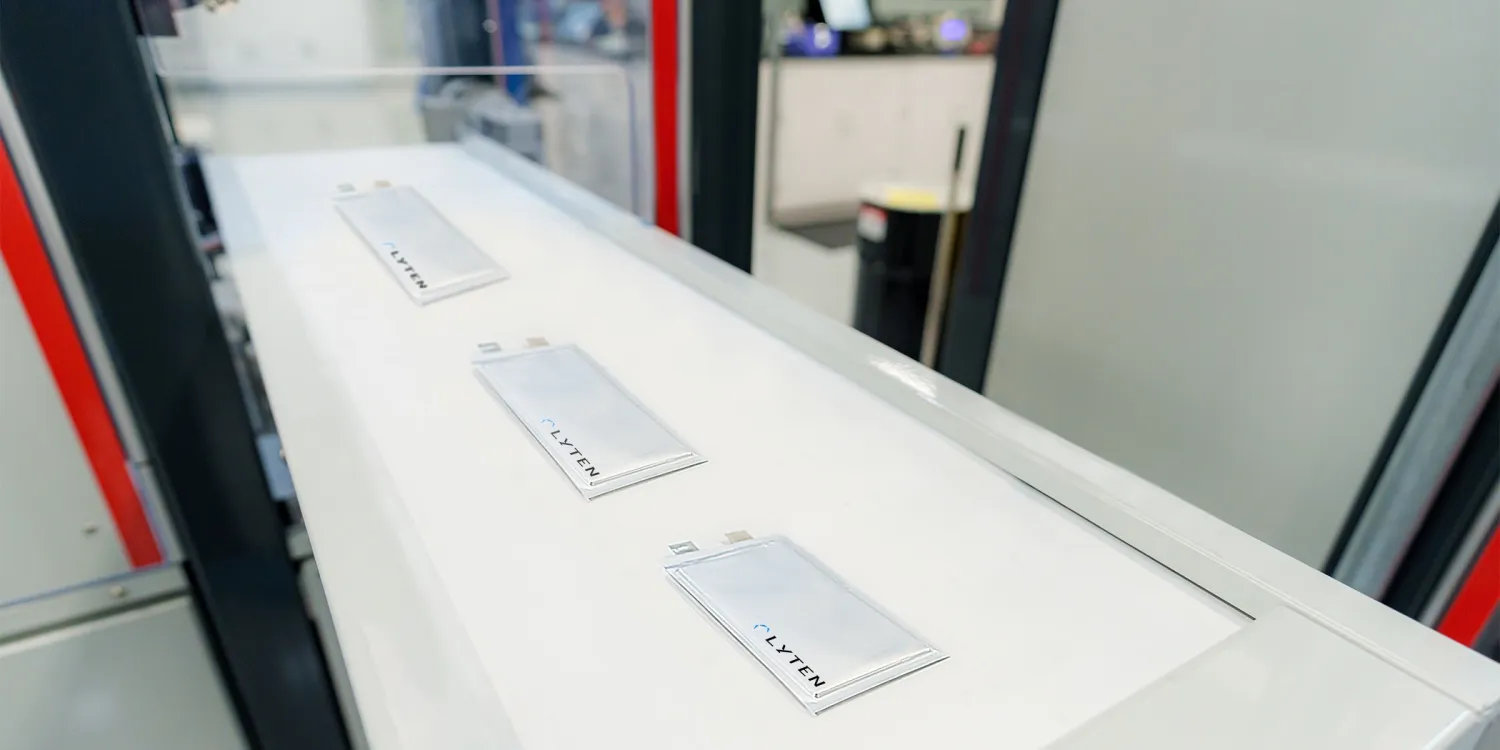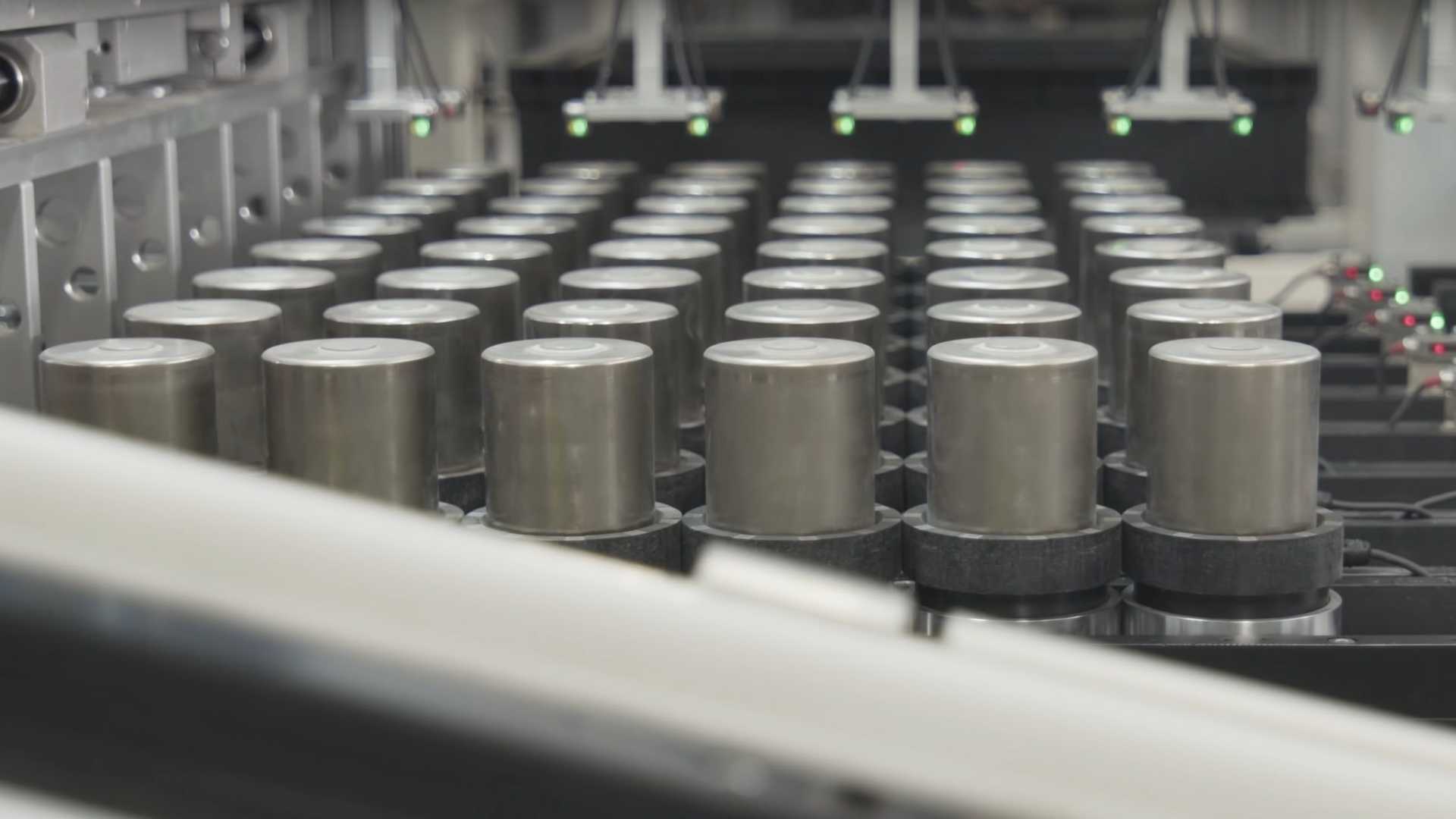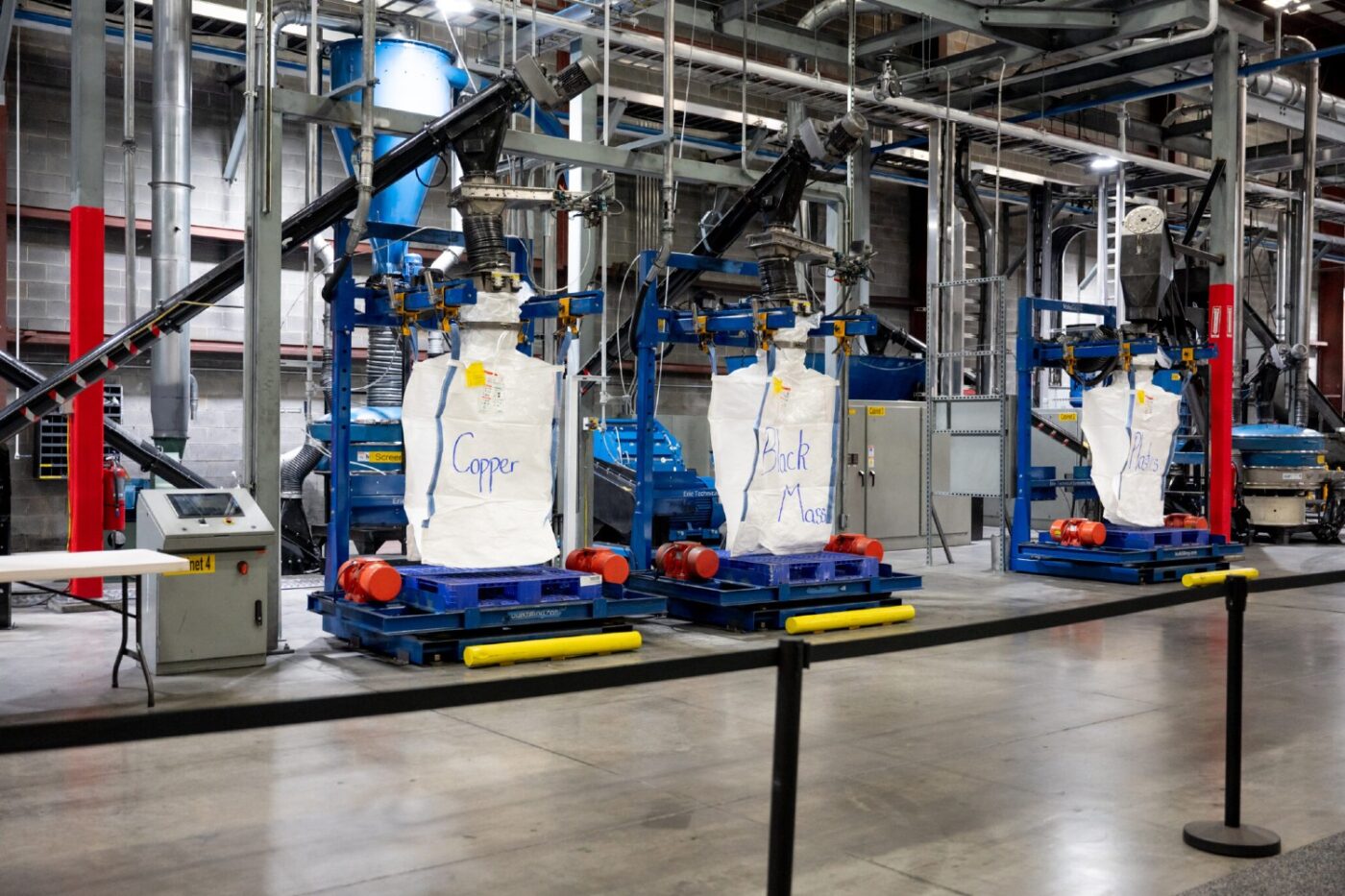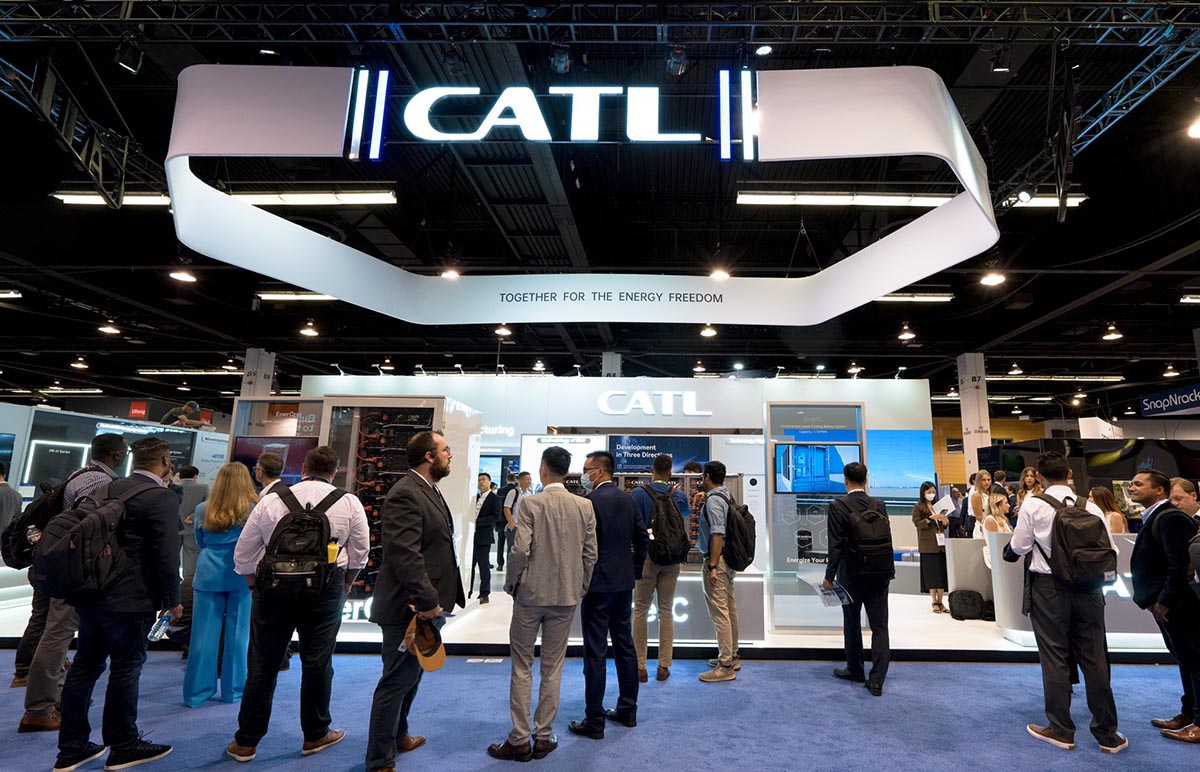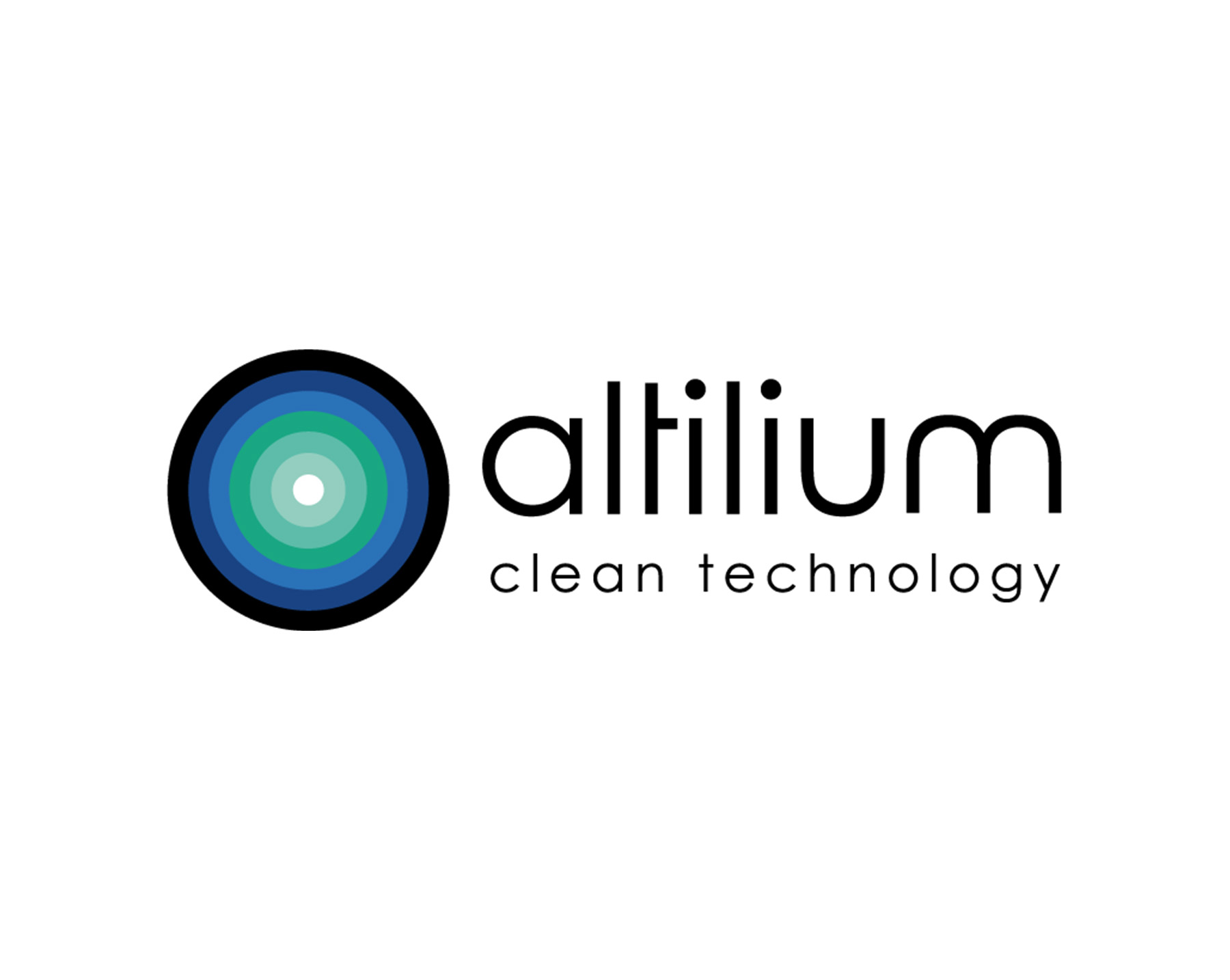BYD’s new energy vehicle (NEV) and power battery division have established a joint venture to advance the commercialization of lower-cost batteries, focusing on sodium-ion technology.
Huaihai FinDreams Sodium Battery Technology (Xuzhou) Co Ltd was officially incorporated on April 30 in Xuzhou, Jiangsu province, eastern China, with registered capital of RMB 500 million ($69.2 million). The joint venture sees BYD’s battery unit FinDreams holding a 51% stake, while local conglomerate Huaihai Holding Group owns the remaining 49%.
The venture’s operations encompass battery manufacturing and sales, as well as the recycling and utilization of used power batteries. BYD emphasized its commitment to enhancing technology development and production capacity in sodium-ion batteries to drive their industrialization.
In November 2023, Huaihai announced an agreement with FinDreams in Shenzhen, BYD’s headquarters, to construct a sodium battery base in Xuzhou. With a planned total investment of RMB 10 billion and an annual capacity of 30 GWh, the project aims to become the world’s largest supplier of sodium battery systems for microcars.
Huaihai will contribute its resources in marketing and application scenarios, while FinDreams will provide products and services, according to a previous press release.
Construction of the sodium-ion battery production base commenced on January 5.
Established in 1976, Huaihai operates in various sectors, including small vehicles, electric vehicles, components, and financial services.
While there were rumors in November 2022 suggesting that BYD’s sodium-ion batteries would be mass-produced in 2023, with the first model to be powered by these batteries being the Seagull, none of these rumors have been confirmed by BYD.
CATL, on the other hand, unveiled its first-generation sodium-ion battery on July 29, 2021, bringing this new, lower-cost battery technology to public attention. The company is currently developing its second-generation sodium battery, which, according to a spokesperson, won’t completely replace lithium batteries but will excel in many applications.

